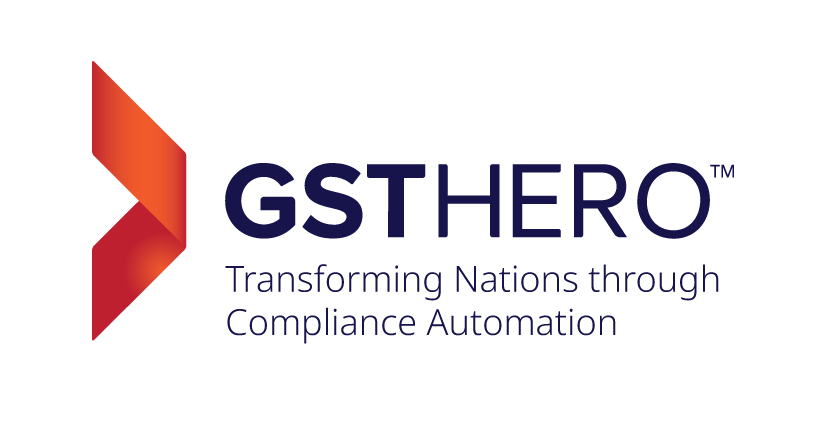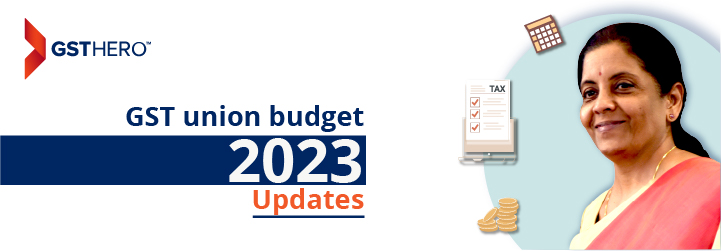Hon’ble Finance Minister of India, Shrimati Nirmala Sitharaman, presented the union budget 2023-2024 on 1st February 2023.
Accordingly, the Finance Bill, 2023 has proposed various amendments under the Goods and Services Tax law. Provisions relating to the input tax credit, composition scheme, return filing, registration, refund, penalty, etc. are proposed to be amended.
In the current article, let us understand the GST union budget 2023 proposals in brief. Importantly, said amendments will be effective only after issuance of notification, post receipt of presidential assent.
Union Budget 2023 : Composition Scheme for E-commerce Suppliers
Opting under the composition scheme for the registered person engaged in supplying goods via an E-commerce operator under GST (Section 10 of the Central Goods and Services Tax Act, 2017) –
Provisions of section 10(2)(d) and section 10(2A)(c) of the Central Goods and Services Tax Act, 2017 are proposed to be amended. Notably, as per the earlier provisions, the person engaged in supplying goods or services via e-commerce operator under GST were not eligible to opt under the composition scheme.
However, the amendment proposes to remove the said restriction on the supply of goods via e-commerce operators. Concluding thereby that –
- Person engaged in the supply of goods via an e-commerce operator under GST will be eligible to opt under the composition scheme;
- Person engaged in the supply of service via an e-commerce operator will be not eligible to opt under the composition scheme.
Amendment proposed in ITC (Section 16)
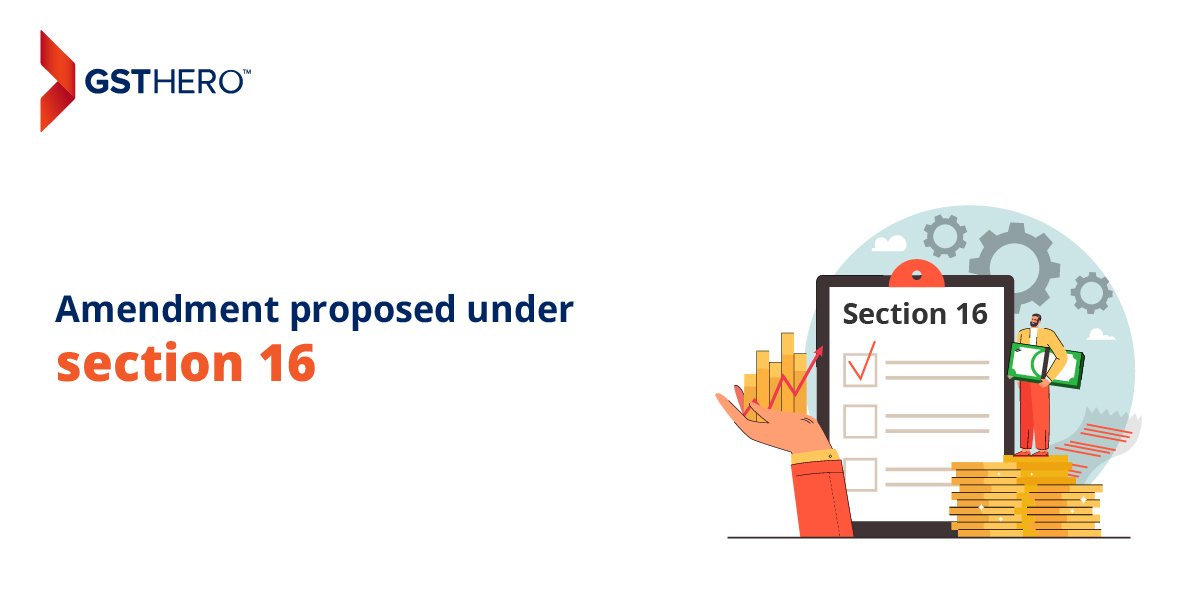
Second proviso to section 16(2)
As per the amendment, in case the buyer/ receiver fails to pay the value of supply to the supplier within a period of 180 days from the date of issue of the invoice. Then, the buyer/ receiver is required to pay an amount equal to the input tax credit along with interest under section 50.Third proviso to section 16(2)
As per the amendment, the recipient will be entitled to avail the input tax credit on payment of the value of supply to the supplier.
Restriction on Input tax credit on goods/ services used in Corporate Social Responsibility (CSR) activity [new sub-clause (fa) to section 17(5) of the Central Goods and Services Tax Act, 2017] –
New provision of section 17(5)(fa) states that input tax credit of goods or services or both used/ intended to be used for activities relating to obligations under CSR referred to in section 135 of the Companies Act, 2013 will not be available.
Persons not liable for registration (section 23)
Provisions of section 23 are entirely substituted. The substituted provisions of section 23 gives an overriding effect to provisions of section 22(1) and section 24. Accordingly, the following persons are not liable to obtain GST registration –
- Person exclusively engaged in making exempt supplies of goods or services or both; or
- An agriculturist engaged in the supply of produce out of cultivation of land.
Now, as per the amendment, the above persons are not liable to obtain registration even if they are liable to pay tax under the reverse charge mechanism [i.e. as per section 22(1)] or fall under the criteria of compulsory registration [i.e. as per section 24]. Notably, the substituted provisions of section 23 are given retrospective effect from 1st July 2017.
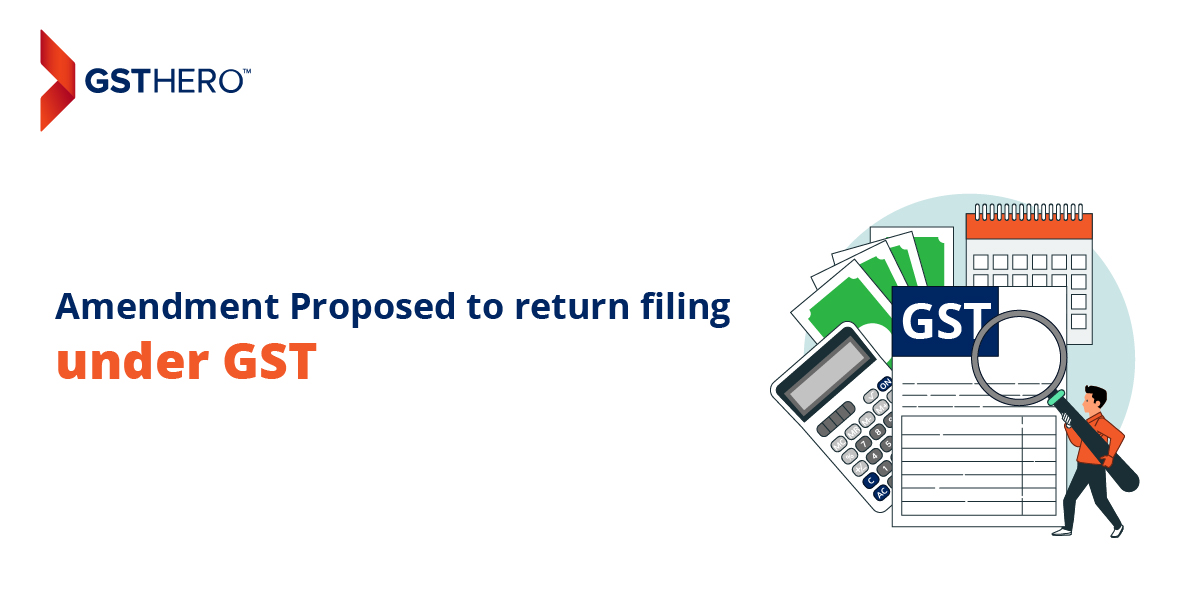
Amendment Proposed to return filing under GST
All the proposed amendments with regard to return filing under GST are highlighted hereunder
Belated filing of return in Form GSTR-1 [insertion of sub-section (5) to section 37]
As per the amendment in union budget 2023, the registered person will not be allowed to furnish the return in Form GSTR-1 (details of outward supplies under GST) after the expiry of a period of 3 years from the due date of furnishing the said return.
Belated filing of return in Form GSTR-3B [insertion of sub-section (11) to section 39]
As per the amendment, the registered person will not be allowed to furnish the return in Form GSTR-3B after the expiry of a period of 3 years from the due date of furnishing the said return.
Belated filing of an annual return in Form GSTR-9 [insertion of sub-section (2) to section 44]
As per the amendment, the registered person will not be allowed to furnish in Form GSTR-9 annual return after the expiry of a period of 3 years from the due date of furnishing the said return.
Belated filing of return in Form GSTR-8 [insertion of sub-section (15) to section 52]
As per the amendment, the e-commerce operator will not be allowed to furnish the return in Form GSTR-8 after the expiry of a period of 3 years from the due date of furnishing the said return.
Refund [omission of words under section 54(6) of the CGST Act, 2017]
Certain words are omitted under section 54(6). The effect of the omission is that provisionally accepted input tax credit (ITC) will be eligible for a provisional refund of 90% of the total amount claimed in case of zero-rated supplies.
Interest on delayed refunds [section 56 of the CGST Act, 2017]
The amendment simply states that rules will be prescribed for the manner of calculating the interest in case of delay of refund beyond 60 days from the date of receipt of application till the date of actual refund of such tax.
Penalty imposable on e-commerce operator [insertion of sub-section (1B) to section 122 of the CCGST Act, 2017]
Newly inserted provisions of section 122(1B) proposes to penalize e-commerce operator for the following specified offences
- Allowing supply of goods or services or both by an unregistered person (other than the person exempted from registration);
- Allowing an inter-state supply of goods or services or both by the person who is not eligible to undertake such inter-state supply;
- Failing to furnish correct details via form GSTR-8.
In case of the above offence, the e-commerce operator will be liable to pay a penalty under GST amount higher of the following to furnish correct details via form GSTR-8.
- INR 10,000; or
- An amount equal to the amount of tax involved had such supply been made by a registered person other than the person paying tax under section 10.
Read more related articles:
Refund under GST: Things You Should Aware of it!
Decriminalizing of certain offences [section 132 of the CGST Act, 2017]
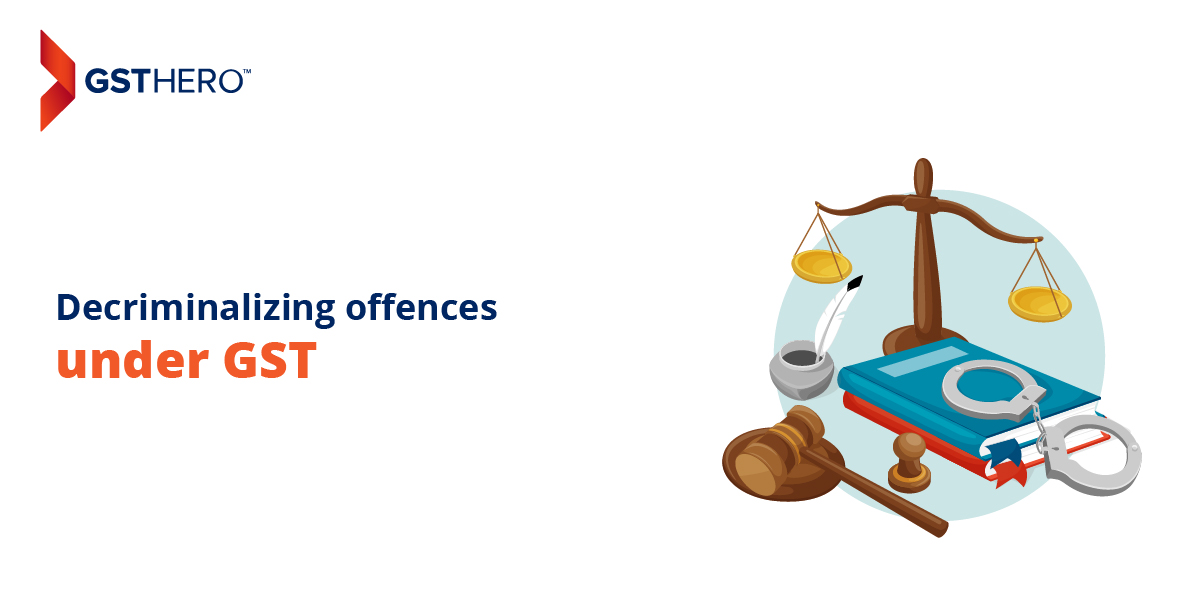
Provisions of section 132 cover certain offences which are punishable with imprisonment. However, an amendment to the section proposes decriminalizing of the following offences
- Obstructing or preventing any officer from discharging his duties;
- Tampering with/ destroying any material evidence/ documents;
- Failure in supplying any required information.
Further, it is also proposed to increase the threshold limit of launching prosecution under GST from INR 1 Crore to INR 2 Crores.
Compounding of offences [section 138 of the CGST Act, 2017]
The provisions of new section 158A simply permit the GST portal to share the information with such other systems as may be prescribed by the Government.
Exemption to certain activities and transactions in Schedule III to the CGST Act, 2017
Schedule III covers the list of activities and transactions which shall neither be treated as a supply of goods nor be treated as a supply of services.
Following para 7 and para 8 was inserted in Schedule III via Central Goods and Services Tax (Amendment) Act, 2018 and were made effective from 1st February 2019 –
Para 7 – Supply of goods from a place in non-taxable territory to another place in the non-taxable territory without such goods entering into India;
Para 8 –
- Supply of warehoused goods to any person before clearance for home consumption;
- Supply of goods by the consignee to any other person (by the endorsement of documents of title to the goods) after the goods have been dispatched from the port of origin located outside India but before clearance for home consumption.
As per the amendment in union budget 2023, the above paragraphs are now effective from 1st July 2017 instead of 1st February 2019. It is also clarified that tax which is already collected on the said activities will not be refunded.
Amendments in Integrated Goods and Services Tax Act, 2017
- Definition of ‘non-taxable online recipient’ [section 2(16)] is revised. As per the new definition
‘non-taxable online recipient’ means any unregistered person receiving online information and database access/ retrieval services located in a taxable territory. - Definition of ‘online information and database access or retrieval services’ [section 2(17)] is amended. Notably, as per the amendment, the words ‘essentially automated and involving minimal human intervention and’ is omitted.
- Proviso to section 12(8) of the IGST Act is omitted. Notably, section 12(8) covers the provisions relating to place of supply of services by way of transportation of goods.
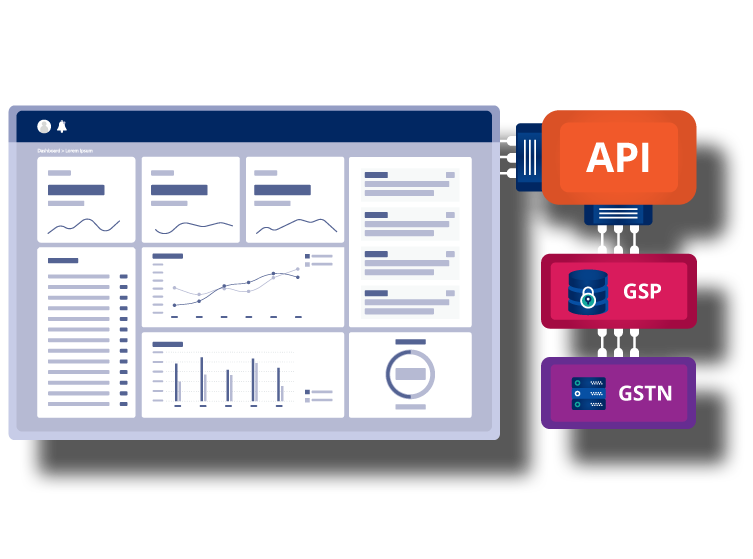
File your GST returns in minutes, not hours!
Get Live Demo and experience the simplicity by yourself.
